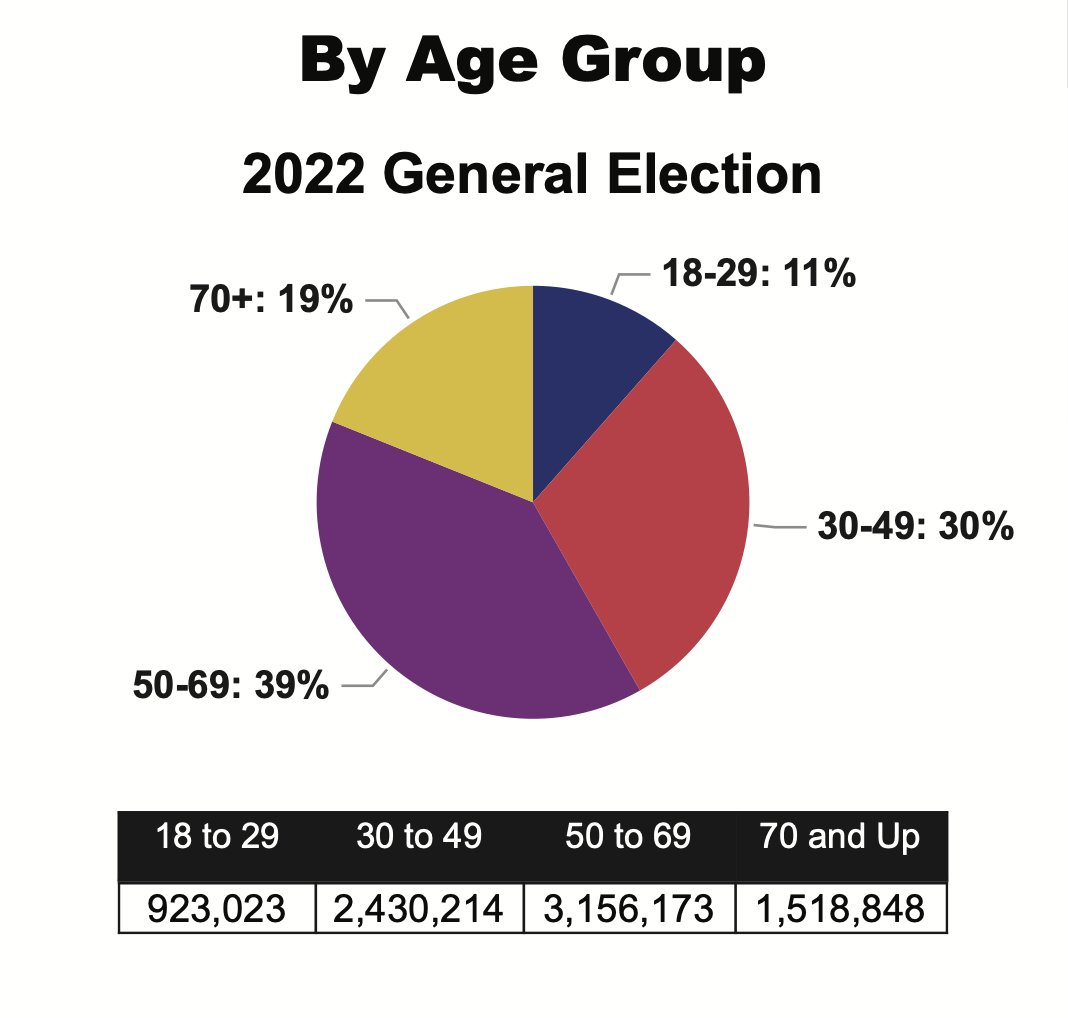
At the Extremism’s Impact On Public Education forum, hosted by @indivisibletx24, I talked about the money, ideology, cannonballs into the deep end, and ripples that come from it. (1.1) #WhiteChrisitanNationalism #publiceducation #bannedbooks
At the Extremism’s Impact On Public Education forum, hosted by @indivisibletx24, this clip is where I delved into the cannonball and specific ripples. (1.2) #WhiteChrisitanNationalism #publiceducation #bannedbooks
At the Extremism’s Impact On Public Education forum, hosted by @indivisibletx24, it’s Patriot Mobile time. With a lot of money. Going after school boards. (2.1) #WhiteChrisitanNationalism #publiceducation #bannedbooks
At the Extremism’s Impact On Public Education forum, hosted by @indivisibletx24, it’s Patriot Mobile time. With a lot of money. Going after school boards. (2.2) #WhiteChrisitanNationalism #publiceducation #bannedbooks
At the Extremism’s Impact On Public Education forum, hosted by @indivisibletx24, in this last clip I focus on what’s coming in May. (2.3) #WhiteChrisitanNationalism #publiceducation #bannedbooks
• • •
Missing some Tweet in this thread? You can try to
force a refresh









